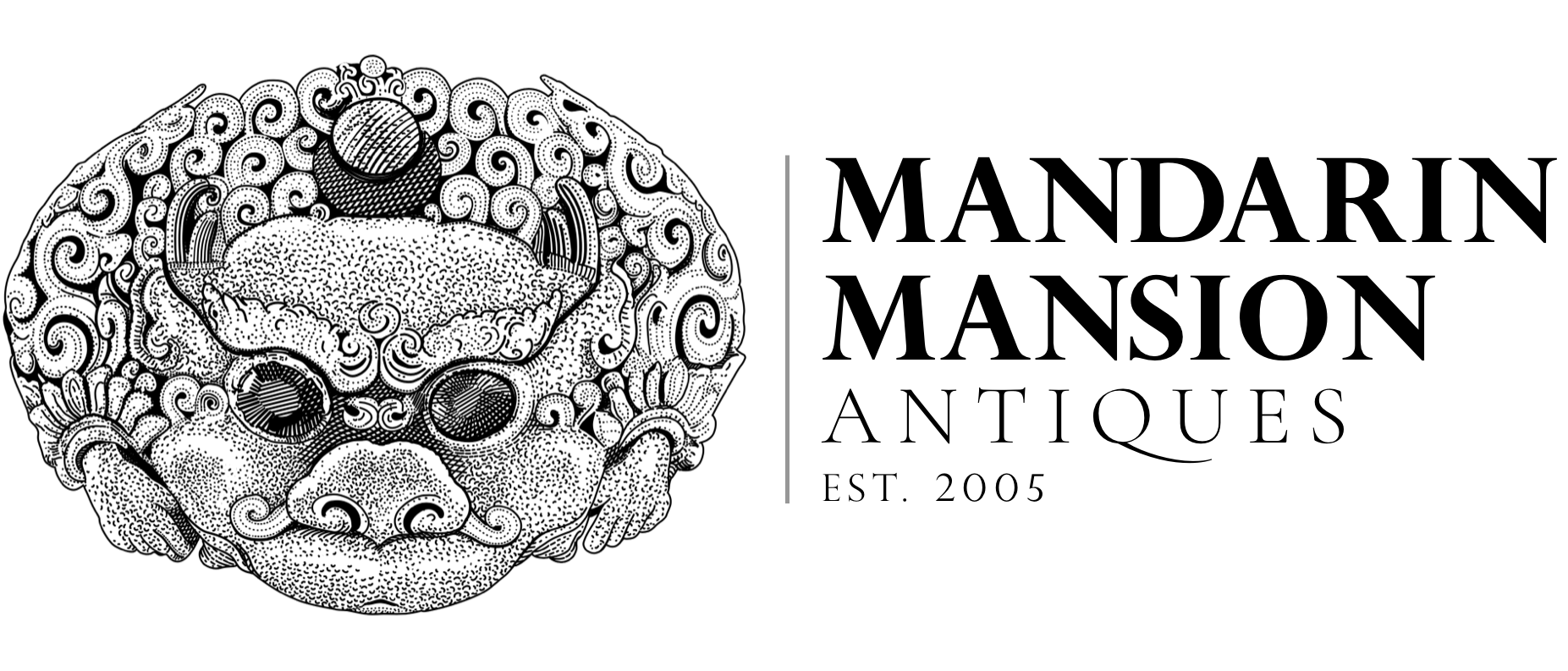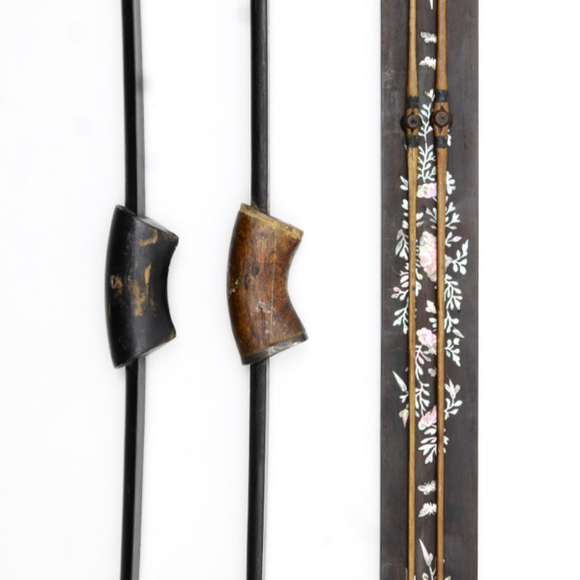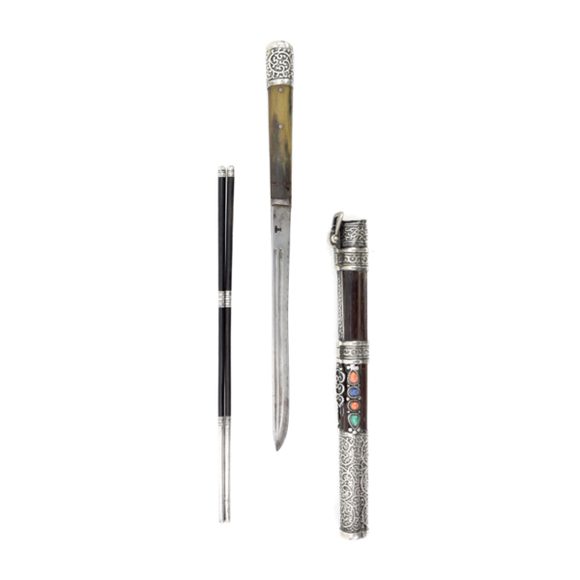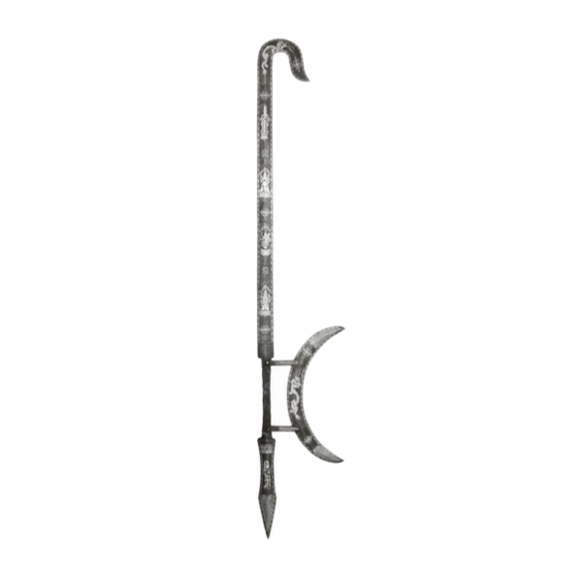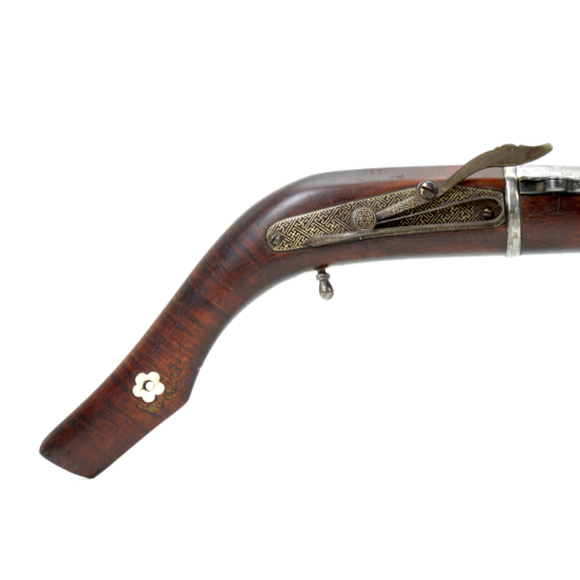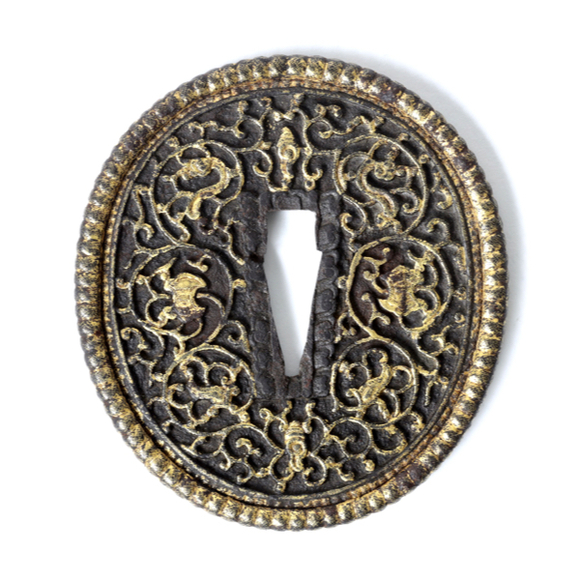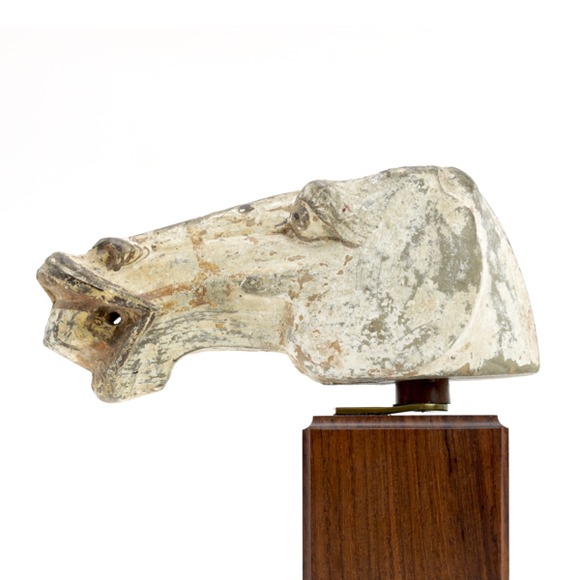Yáng Ruìlín (杨瑞林) was a Manchu bow maker of the Plain Blue Banner. He purchased Jù Yuán Hào (聚元號) in 1910 and became its 8th generation bowyer.1 He was succeeded by his son, Yáng Wéntōng (杨文通).
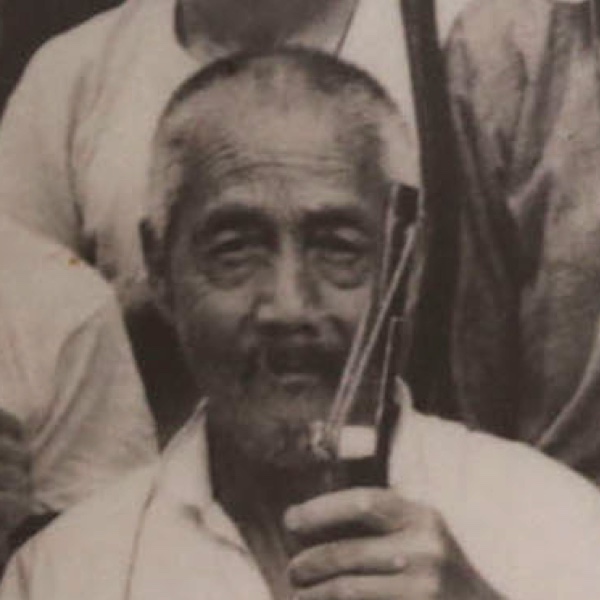
Yáng Ruìlín (1884-1968)
Early life
Yáng Ruìlín (杨瑞林)'s life revolved around the southern bow making quarters, situated in Dongsi district, near Chaoyang gate, west of the Forbidden City in Beijing. His grandmother was a maid in the nearby Prince Su residence and Prince Su himself was a frequent customer of the bow makers. Yáng Ruìlín's father was in the bow making business but died young so he learned the craft from his paternal cousin Chang Juxue at the Quánshùn Zhāi (全顺斋) bow makers shop.2
Yáng Ruìlín started at age 18 and by the age of 20 had already become a recognized craftsman in the bow maker's quarters. However, he didn't have immediate employment and so set up a fruit stall at Dong'an market.3
Taking over Jù Yuán Hào
Jù Yuán Hào (聚元號) was one of the seventeen bow making shops of the imperial bow makers guild in Beijing that were still active in the late Qing. It was founded in 1720 and ran by the Wang family until the 7th generation owner, nicknamed Xiǎo Wáng (小王), ‘Little Wang’, became an opium addict and was forced to sell the failing business.4
When Yáng Ruìlín heard that Jù Yuán Hào was coming up for sale, his wife called in the help of her eldest brother Féng Ruìxiáng (冯瑞祥), who worked for Prince Su. With the help of Feng Ruixiang in the legal matters, and some help in funding from Prince Su, Yáng Ruìlín was able to purchase Jù Yuán Hào in 1910 for 40 Mexican silver dollars.5
He also hired two senior craftsmen, Shěn Liù (沈六), an outstanding bowyer and Zhōu Jìpān (周纪攀) a notable bow decorator. Shěn Liù had become a bowyer at age 16 and left Jù Yuán Hào at age 80.6
When he took over, the shop only produced bows and arrows but because the archery examinations were abolished in 1908, there was now only a very small market for them. Yáng Ruìlín added new lines of products including pellet crossbows and repeating crossbows. His work won a prize at the Panama Exhibition in San Francisco of 1915.7

Jù Yuán Hào in 1935.
Yáng Ruìlín with his young son Yáng Wéntōng (杨文通)
1966-1998 hiatus
In 1966 Mao Zedong launched the Cultural Revolution which was set to purge traditional elements of Chinese society, specifically the sì jiù (四舊) or "Four Olds"; Old Customs, Old Culture, Old Habits, and Old Ideas.
This meant cutting off all traditional lineages of craftsmen. The shop suffered a great blow during this time. In a raid by the Red Guards, the shop sign, written in the hand of the Qianlong emperor was destroyed along with the shop's administration, going back to the Qianlong period, and all inventory of bows, arrows and raw materials.8
In 1998, Yáng Ruìlín's grandson Yáng Fúxǐ (杨福喜) restarted work in a small workshop in Chaoyang area, Beijing. In 2006 the shop was recognized as China's national intangible cultural heritage (中国国家级非物质文化遗产).9
In photos
The bow maker's quarters were photographed by Hedda Morisson in 1935. For all related photos, see this article.

Yáng Ruìlín (杨瑞林) at work in 1935.
Photo by Hedda Morisson. Harvard-Yenching collection.

The shop in the 1950s.
Yáng Wéntōng (left), Yáng Ruìlín (right).

Yáng Ruìlín in his shop in the 1950s.

Jù Yuán Hào in 1957.
Yáng Ruìlín (杨瑞林) is in the front, left.
His son and successor Yáng Wéntōng (杨文通) behind him, left.
The rest appear customers from Qinghai (with hat) and Mongolia.
Further reading
See the full glossary article on Jù Yuán Hào (聚元號).
Notes
1. Online Chinese article 为毛主席打造神兵利器的神秘人,原来是他(3) by by Qiu Wei (Chinese) and Interview with the last successor of Ju Yuan Hao, (专访“聚元号”传人杨福喜 弓箭行最后的手艺人) by Liu Xinyin. (Chinese) and The History of Ju Yuan Hao Bowmakers of Beijing, anonymous author. Translation by Stephen Selby for ATARN.org.
2. Online Chinese article 为毛主席打造神兵利器的神秘人,原来是他(2) by Qiu Wei. (Chinese)
3. Ibid.
4. The History of Ju Yuan Hao Bowmakers of Beijing, anonymous author. Translation by Stephen Selby for ATARN.org.
5. The History of Ju Yuan Hao Bowmakers of Beijing, anonymous author. Translation by Stephen Selby for ATARN.org.. and Ju Yuan Hao. (Selby's original translation mistook the name of the bow making shop for additional names of cousins.) Chinese Baidu article and Online Chinese article 为毛主席打造神兵利器的神秘人,原来是他(2) by Qiu Wei.
6. Online Chinese article 为毛主席打造神兵利器的神秘人,原来是他(3) by by Qiu Wei and Interview with the last successor of Ju Yuan Hao, (专访“聚元号”传人杨福喜 弓箭行最后的手艺人) by Liu Xinyin. (Chinese)
7. The History of Ju Yuan Hao Bowmakers of Beijing, anonymous author. Translation by Stephen Selby for ATARN.org.
8. Ibid. and Ju Yuan Hao, Chinese Baidu article, and Ju Yuan Hao, Chinese Wikipedia article.
9. Ju Yuan Hao, Chinese Wikipedia article.
